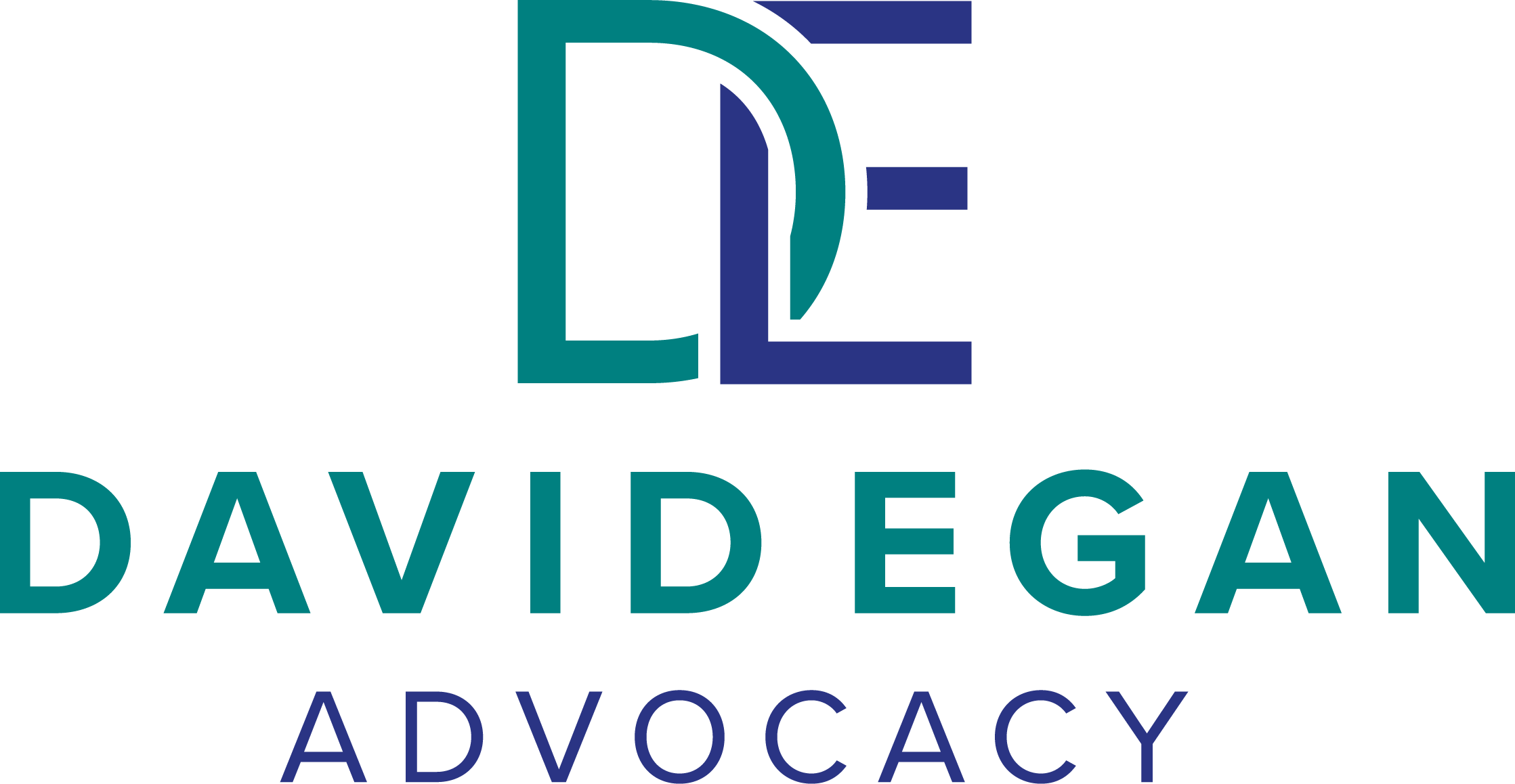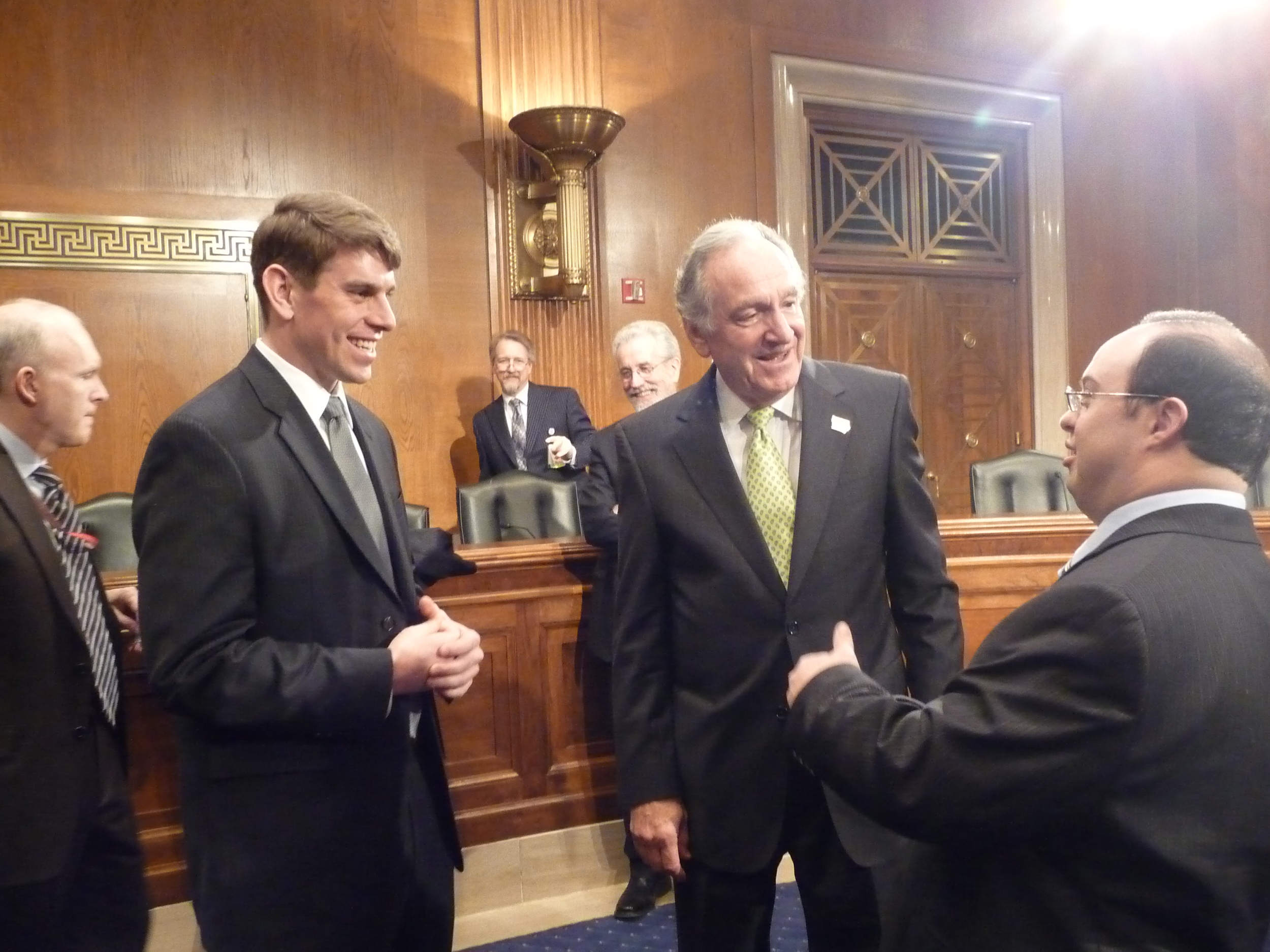Special Olympics Athletic Leadership Program
Dave Lenox, VP of Athlete Leadership Programs (ALP) at Special Olympics Inc (SOI), asked me last year at the SOI international Regional Director’s meeting to suggest measurable interventions to reinvigorate ALP.
What is ALP?
If you search the SOI website for ALP, it states that the goal is to “allow athletes to explore opportunities for greater participation in our movement beyond sports training and competition: as coaches, officials, team captains, spokespeople, and Board and committee members. These roles give athletes a voice in shaping the Special Olympics Movement, and a chance to spread the word about the transformations Special Olympics can bring to individuals and families. The Athlete Leadership Programs also provide a way for athletes to showcase talents and interests that may have gone unnoticed.”
My ALP Experience
I am one of the lucky ones who experienced the ALP rewards. I started my advocacy path by being a spokesperson spreading the message of respect, acceptance, and inclusion internationally. I had the opportunity to participate in two Global Athlete Congress events (Netherlands in 2000; Morocco in 2010). I also volunteered twice at the World Games (Raleigh, North Carolina in 1999; Athens, Greece in 2011). I even spoke at the United Nations. These opportunities allowed me to experience the thrill of a global movement where athletes can contribute and shine.
Special Olympics also provided me with leadership opportunities in Washington DC. They asked me to testify about my employment at a Senate Health Education Labor Pension (HELP) Committee Hearing chaired by Senator Harkin. I was also invited to the White House to attend the signing of the Rosa Law and the ADA celebration. I used the occasion to challenge the panel and ask if intellectual disability issues were included in the president’s agenda.
As an athlete, I was able to use the power of sports (swimming, basketball, soccer, and softball) to set goals, reach them, and feel the joy of victory. I also had opportunities to mentor younger athletes to help prepare the next generation.
Moving ALP Forward
During our meeting, on October 23rd in 2013 with the regional directors who came from around the world, we came to a consensus that athletes can and should take on leadership roles. We have a place around the decision-making table, and we believe that we can help shape the SOI trajectory. We need to reinvigorate ALP.
Problem Definition
One of the problems that we face is that society does not generally respect or value people with intellectual disabilities. We do not matter in their eyes; they do not see us as having meaningful contributions. At the same time, while our parents, siblings, teachers, coaches, mentors, health professionals, and others in our society support us, they do not share our life experiences. In fact, only we, the athletes and self-advocates, have an INSIDE understanding of what it means to have a disability.
Next Steps
We, the athletes, have a voice; we can make contributions, and we have special gifts. We want to be equals in involvement and commitment. We are one of you and not one among you and as we have stated in the “Nothing about us without us” where we tell our stories. We want to make the lives of people with intellectual disabilities more meaningful and give each person the opportunity to share their voice and to be a fully accepted citizen. Let’s make inclusion, dignity, and respect the norm rather than the exception.
If we are included in the planning, discussion, and actions, we will be able to create the changes that we want to see in the world. While most athletes may not be the best choice to plan budgets, resources, programs and staffing, we are essential in successful networking, outreach, interventions and outcomes.
Our supporters are surprised at first when we serve on a Board, but overtime, they begin to believe in us and value the contributions that we make. We do not want to be tokens, but rather active participants. We may need some mentoring and guidance, but we can engage and take the various organizations even further.
We do not want to limit the ALP to Global Messenger training and speaking roles. We want more ACTION in other ways. Instead of measuring the number of people in attendance at training sessions, let’s measure impact. Let’s create stories that change the way people think of us. Let’s tell stories about athletic events that were led by self-advocates, impact on new legislation and individuals successful in competitive jobs. Let’s help athletes volunteer, coach, and act as leaders.
Some suggestions were to build Input Councils for athletes to express their views and voice their needs. Unified Sports is a good model for Unified ALPS. As athletes, we can help build partnerships and alliances in our communities by extending the reach of Special Olympics to other organizations. I would like to suggest that we extend Unified Sports to the ALP. It bridges the divide between the outside world and the athletes. It enriches both the individual with and without disabilities.
We could also start unified leadership projects specific to each region. I am involved in Unified Sports, as well as unified advocacy. I speak at schools with my brother to present a unified perspective on how Special Olympics has changed our lives. I have benefited from that unified experience with my siblings.
Call to Action
We need to think of actions that will take the ALP further. I ask each one of you to dream with me about the possibilities. What outcomes do we expect from the ALP? What interventions can help us get there? There is more that can be done in all regions of the world. What should we be doing to reinvigorate and strengthen those programs?
I look forward to reading your comments below and continuing the conversation here.





